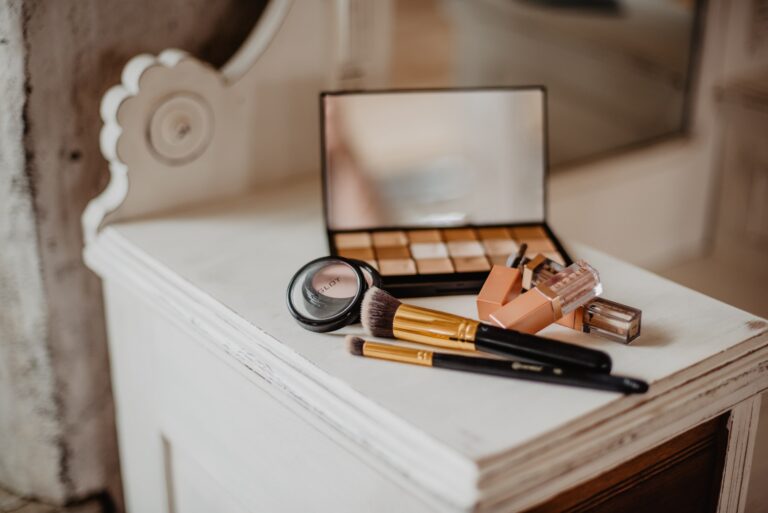5 Steps To Start Your Own Skincare Line
INTRODUCTION
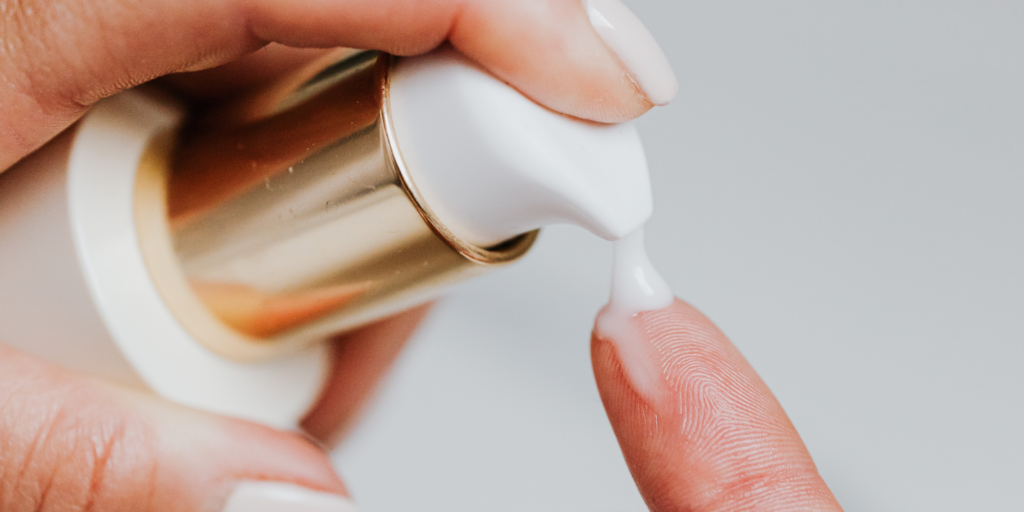
STEP 1
One way to do market research is to look at industry trends.
- What are people using in their skincare routines right now?
- What ingredients are popular? What new products are on the market?
- What kind of products do you want to create?
- Do you want to focus on anti-aging products, acne-fighting products, or something else?
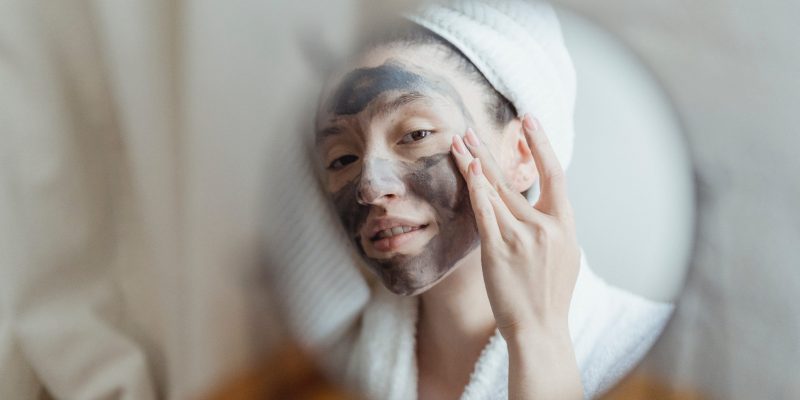
STEP2
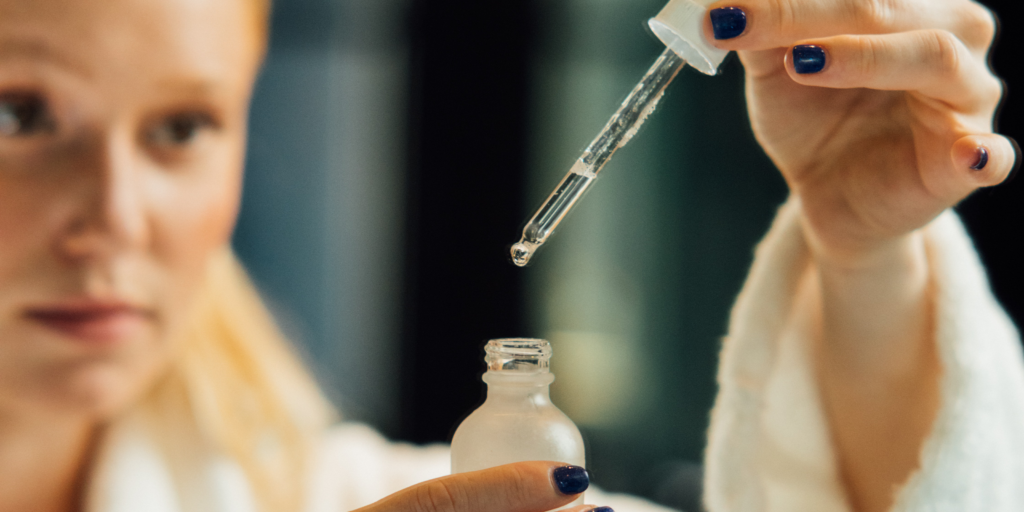
STEP 3
- Pick a name that is easy to remember and spell. If you’re selling online or through third-party distributors, try searching Google and Amazon to see if there are any similar brands already out there. If so, try coming up with alternate names that won’t run afoul of trademark law (this is an issue for many small businesses).
- Choose colors that are recognizable and appealing to customers. Make sure the colors match your product packaging and marketing materials like flyers and posters. The color scheme for each product should also check those used on social media accounts such as Facebook or Twitter so that people who like one thing from your brand can easily find other things from it too!
- All of these factors affect how consumers perceive your skincare line. So it’s essential to take some time to think about them and come up with a cohesive branding strategy.
- Creating a solid brand is key to the success of any skincare line, so don’t underestimate its importance.
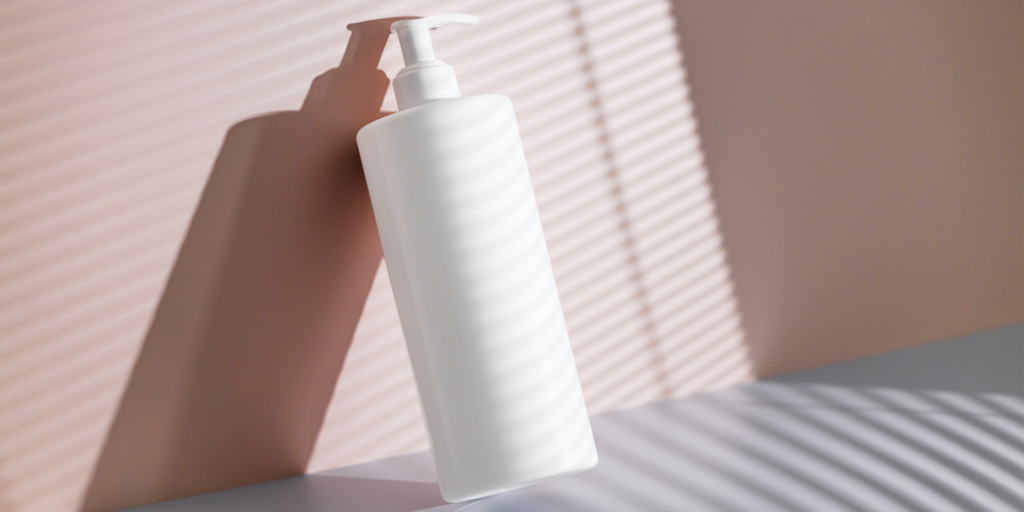
STEP 4
- What kind of experience do they have?
- A good manufacturer will have years of experience creating skincare products and knowledge of what ingredients work best with each skin type. They should also be able to provide samples or offer other options for testing their products before ordering large quantities.
- How long does it take them to produce each batch?
- A reputable manufacturer can give you an estimated lead time for production to know when your products will be ready for shipment. The longer it takes for them to produce batches of development, the longer it will take for you to receive them and sell them at retail stores or on your website!
- When starting a skincare line, it’s essential to understand the safety and labeling laws that apply to your products. For example, In the US, cosmetics are regulated by the Food and Drug Administration (FDA) under the Food, Drug, and Cosmetics Act. The FDA has defined cosmetics as “articles intended to be rubbed, poured, sprinkled or sprayed on, introduced into or otherwise applied to the human body…for cleansing, beautifying, promoting attractiveness or altering the appearance”. This means that all ingredients used in your product must be safe for use on the skin. It also means that certain elements cannot be used in some regions of the body – for example, fragrances should not be used near eyes or lips because they can irritate. And colorants must not be used on eyelids because they can cause allergic reactions in some people.
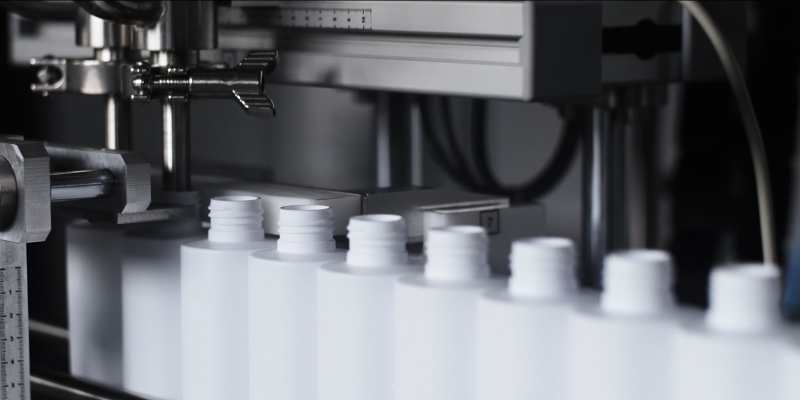
STEP 5

ENDNOTE
Starting a skincare line can be a daunting task, but if you take the time to do your research and plan ahead, you’ll be well on your way to success.
If you want to save hassle of all the above, you might consider finding a seasons private label skincare manufacturer who can provide not only products production, but also full in-house business services to help you scale up your business fast.
At Seny Beauty, with over 18 years experience working with business of all sizes, and a proven track record for our customers, we can accommodate your individual unique needs so you can be rest-assured and focus on your brand’s long-term growth
Wondering how to find such a manufacturer, you can refer to 7 Reasons for Why Seny Beauty Is A Top Private Label Cosmetics & Skincare Manufacturer for more information.

